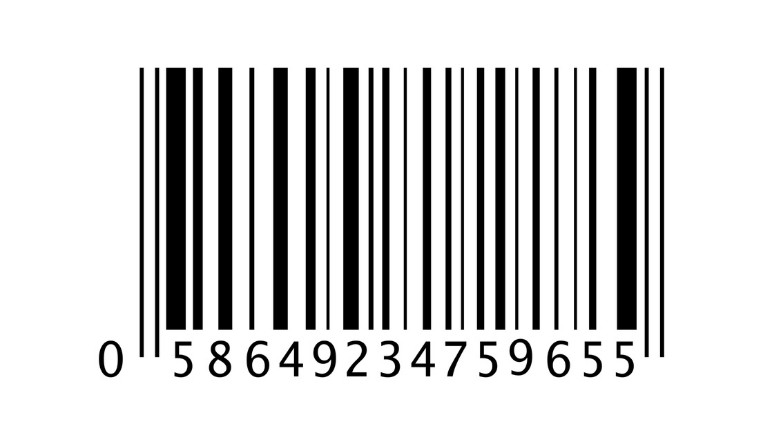Barcodes as trademarks
18 March 2021

On January 12, 2021, the Delhi High Court issued an order of permanent injunction against Global Barcodes SL in the GS1 INDIA vs. GLOBAL BARCODES SL & ORS. case.
GS1 India is a standards body, providing manufacturers and suppliers in India with barcode numbers containing the ‘890’ code to administer the use of global supply chain standards. Ten other digits accompany the ‘890’ code, thus constituting the 13-digit barcode that certifies a product’s quality, ascertains its country of origin and quantity and provides other manufacturing information.
GS1 India is the only authorized body in India by the GS1, an international organization with established global standards for products around the world.
The standards body filed a case against Global Barcodes SL, operator of the websites www.indiabarcodesship.com and https://india-barcodesstore.com/. Global Barcodes, which is based outside India, was found to be issuing barcodes with the ‘890’ code.
The plaintiff sought to restrain Global Barcodes from issuing the barcode numbers. According to the plaintiff, not only does this act deceive consumers as to the quality of the products they are buying in accordance with GS1 and other product information; it is also tantamount to infringement of its registered trademark.

“In the recent past, the practice of infringing barcodes as trademarks has conspicuously surfaced. Further, the problem of counterfeiting is getting more serious, particularly in the essential goods market in view of the ongoing pandemic,” said Sonal Madan, a partner at Chadha & Chadha in New Delhi.
In May 2020, the Court passed an interim order and Internet Service Providers (ISPs) blocked the websites including its alternative websites.
On January 12, 2021, Global Barcodes did not appear in Court. The Court then issued an order of injunction against Global Barcodes, a decree of damages to be paid by Global Barcodes to GS1 India in the sum of Rs. 20 lakhs and an order for the ISPs to block or take down impugned domain names and alternative websites. Another decree was issued to restrain the other defendants from providing services to Global Barcodes.
“Barcodes play an integral role in battling counterfeits across the globe,” said Madan. “The case deals with enforcement of barcodes as certification trademarks. Precedents of this nature provide effective protection to consumers, retailers, brand owners and other stakeholders in the supply chain. Further, they also perforate accountability in the system by generating mechanisms for identification and insulation of infringing elements at every stage of the logistics network.”
“Therefore, the decision of the Honorable High Court in recognizing the underlying intellectual property rights over the ‘890’ certification trademark shall create effective deterrence amongst the infringers of these machine-readable code certifications,” Madan explained.
A single 2D datamatrix barcode by GS1 not only holds a significant amount of information; it remains legible, allowing machines to read it even if it’s in small-sized print and regardless of the product on which it is printed. 2D barcodes are used in healthcare, manufacturing, warehousing, logistics and other industries.
Espie Angelica A. de Leon






